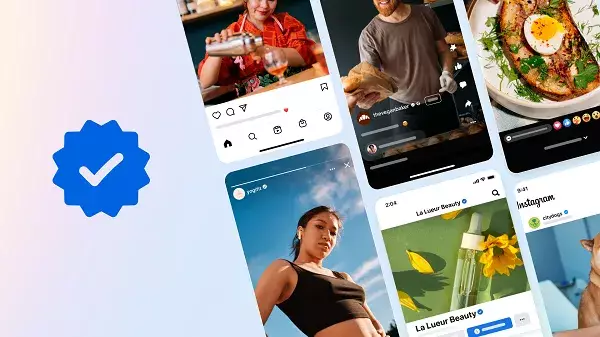Meta’s introduction of the “Meta Verified” subscription offering has raised eyebrows among users and critics alike. The ability to purchase a blue checkmark, along with enhanced account support, for $14.99 per month seems to cheapen the authenticity and exclusivity of the verification process. Additionally, the lack of transparency regarding the take-up numbers for Meta Verified leaves many wondering about the true level of interest in this service.
The recent introduction of a money-back guarantee for Meta Verified subscriptions has further fueled the debate surrounding this controversial offering. With the possibility of exploiting the 14-day money back guarantee to access free account support and then cancel the subscription, some are questioning the integrity of Meta’s subscription model. This potential loophole raises concerns about the value and legitimacy of the benefits provided to Meta Verified subscribers.
Meta’s strategic shift towards subscription offerings as a source of supplemental income is evident in its emphasis on Meta Verified and Verification for Business subscriptions. The estimated quarterly revenue of $150 million from this element raises questions about the true motivation behind Meta’s decision to monetize the verification process. As Meta continues to explore new tiers for its Verification for Business packages, the financial implications of these subscription offerings remain a point of contention.
The decision to sell the blue checkmark through Meta Verified has sparked concerns about the erosion of its value as a symbol of credibility and legitimacy. With an estimated 3 million Verified subscribers out of 3 billion total users across Meta’s apps, the saturation of verified accounts may diminish the perceived value of the verification process. The potential consequences of monetizing verification raise questions about the long-term implications for user trust and platform integrity.
Ethical Considerations
The comparison between Meta’s approach to supplemental income generation and X’s pursuit of paying users highlights ethical considerations surrounding the monetization of social media features. While Meta’s focus on subscription offerings may seem less intrusive than X’s reliance on ad revenue, the decision to sell verification raises ethical questions about the commodification of online credibility. The cash back guarantee offered by Meta may attract more users, but at what cost to the platform’s integrity?
Meta’s introduction of the Meta Verified subscription offering has sparked a heated debate about the commercialization of online verification and the erosion of its value as a symbol of credibility. The financial implications, ethical considerations, and potential for abuse associated with Meta Verified raise concerns about the direction of social media platforms in monetizing user authenticity. As users grapple with the implications of Meta’s subscription offerings, the future of online verification remains uncertain in an era of increasing commercialization and platform competition.


Leave a Reply